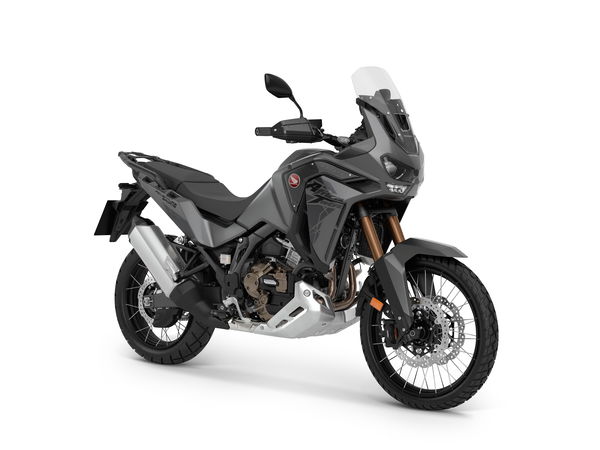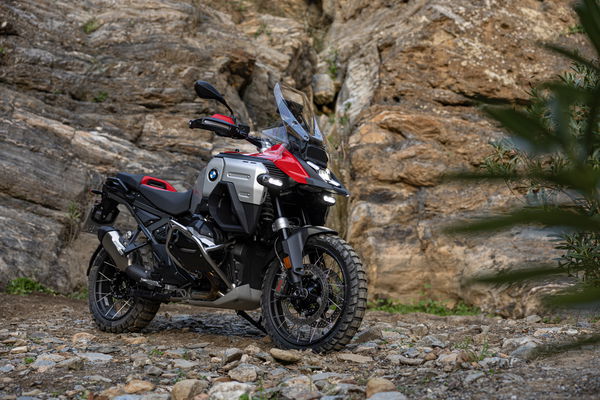Safety standards for self-driving cars must not be subjective, MAG says
The Motorcycle Action Group wants more influence for motorcyclists on decisions made regarding self-driving cars, and a statistical safety standard.
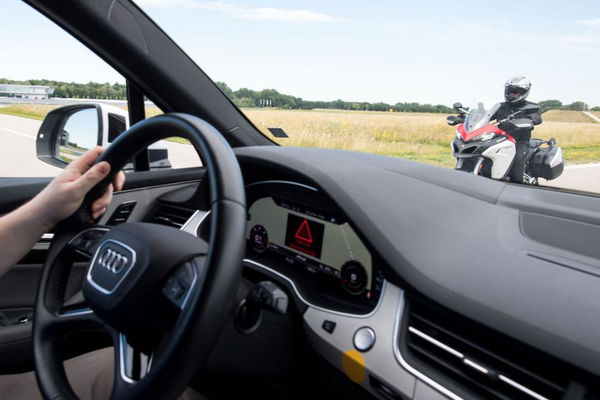
The Motorcycle Action Group has stated its desire for the UK government to give more importance to the opinions of motorcyclists regarding self-driving cars.
The UK government announced a few weeks ago that it would begin phasing in autonomous - or self-driving - vehicles in the next few years. The technology has been controversial in the motorcycling community because of road accidents - some of which have been fatal - involving motorcycles and autonomous cars.
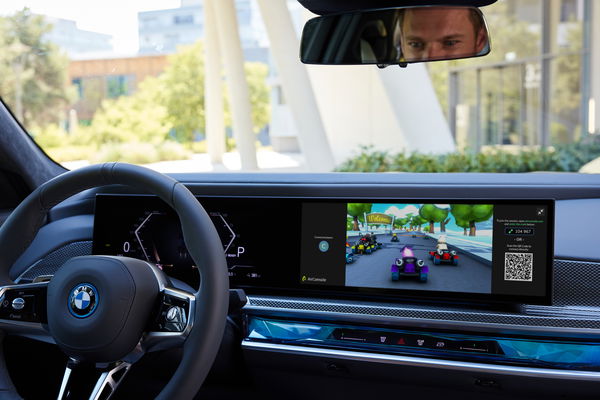
The Motorcycle Action Group (MAG) has already stated its scepticism of the introduction of autonomous vehicles in the UK, and has demanded the government prove they are safe for motorcyclists.
Now, MAG is asking for a greater involvement of motorcyclists in the planning for the introduction of autonomous vehicles.
Its request is formalised in a response to a consultation on 14 October 2022 which asked “for views on a proposed safety standard for self-driving vehicles,” MAG says.
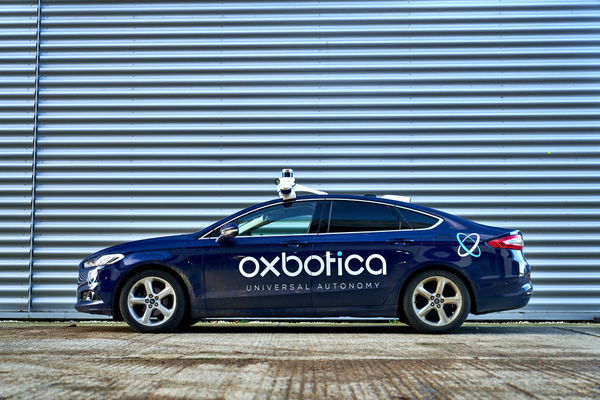
The consultation concluded that the safety of self-driving vehicles should be “equivalent to a competent and careful human driver.” MAG says this is unacceptably “subjective” and asks for a more objective standard.
“Who decides what is competent and careful, and who decides who decides?” MAG asks in its formal response to the consultation.
The main points of MAG’s response - which can be read in full here - can be summarised as:
- The use of self-driving cars by drivers of a high standard will reduce the average quality of human drivers.
- A subjective standard would have to be continuously updated as the standard of “careful and competent” changed over time. MAG says that what is considered “careful and competent” 50 years ago is not considered such now, and the same can be applicable when looking to the future.
- A separate licence should be required for drivers of autonomous-capable vehicles below Level 5. (Level 5 vehicles are considered ‘fully-self-driving’, at the moment autonomous vehicles operate at Level 2.)
- Motorcyclists are put at increased risk if autonomous technologies cannot detect them, and there is evidence to show that they cannot.
- Creating areas on the road specifically for vehicles which cannot be accommodated safely by self-driving vehicles is not acceptable.
- Self-driving vehicles should be adapted to function around existing human transport systems, rather than the opposite.
- A safety standard for autonomous vehicles should be based on statistics.
- A statistically-based safety standard would have to show that standards improved across all road users. “Transfer of risk between road user groups is not acceptable,” MAG says.
MAG Director of Campaigns & Political Engagement, Colin Brown, said: “Given the level of technological and scientific rigour needed to develop self-driving vehicles it is incongruous to then set a subjective safety target. You wouldn’t send a rocket to land on the moon while saying ‘hopefully it will end up somewhere in the vicinity of the moon’.
“Motorcyclists face being the first vulnerable road user group that will interact with self-driving vehicles. It is clear that there are many concerns which are entirely valid. Motorcyclists will play a role in the debate, and it must be influential."
